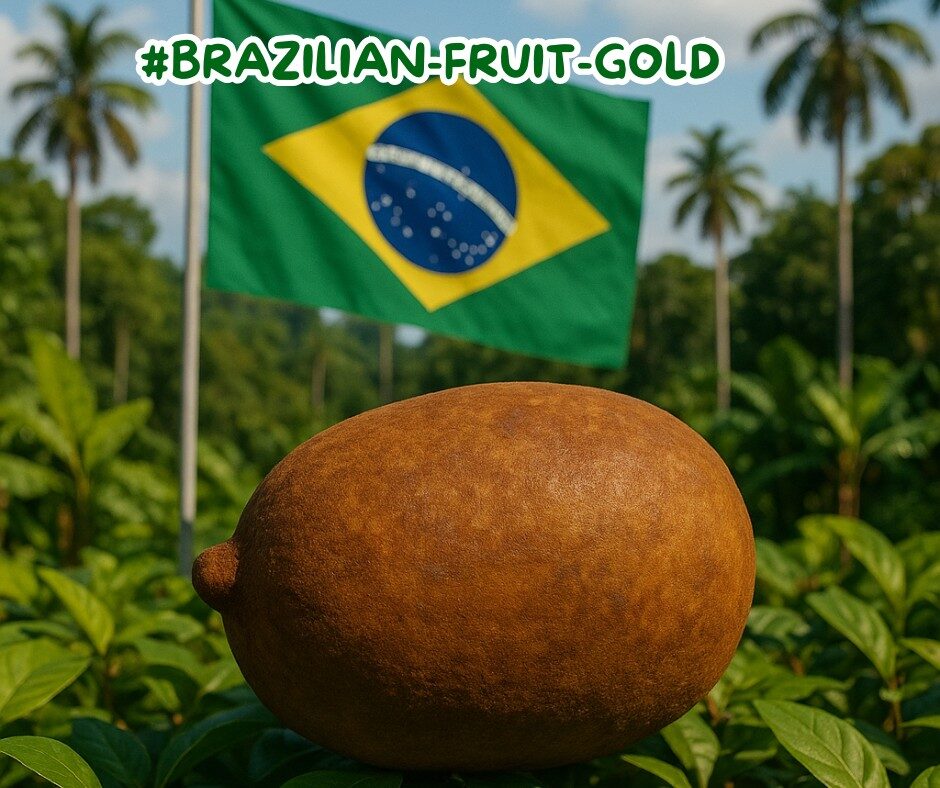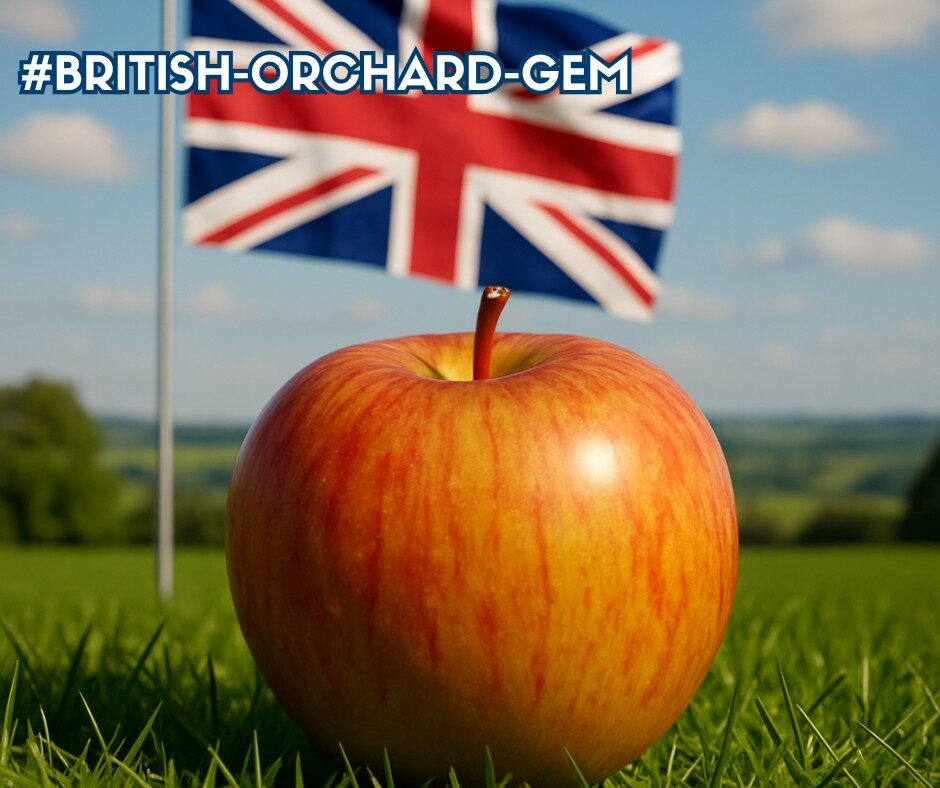by Dr. Marli Botha
Fat soluble vitamins are those vitamins that can be stored in the fatty tissues in your body and in your liver. They accumulate in your body fat until your body needs them. Fat soluble vitamins can be stored in your body for a while — some remain in your body for a few days, some for up to 6 months! Then, when it’s time for them to be used, special carriers in your body take them to where they’re needed. Vitamins A, D, E, and K are all fat soluble vitamins…
More interesting facts of FAT SOLUBLE VITAMINS:
- Small amounts of vitamin A, D, E and K are needed to maintain good health. Most people do not need fat soluble vitamin supplements. The body does not need these vitamins every day and stores them in the liver and adipose (fat) tissue when not used.
- Mega doses of vitamins A, D, E or K can be toxic and lead to health problems.
- Fat-soluble vitamins will not be lost when the foods that contain them are cooked.
- Vitamin A, also called retinol, has many functions in the body. In addition to helping the eyes adjust to light changes, vitamin A plays an important role in bone growth, tooth development, reproduction, cell division, gene expression, and regulation of the immune system.
- Vitamin D, also called calciferol, plays a critical role in the body’s use of calcium and phosphorous. Nicknamed the sunshine vitamin, vitamin D is produced by your skin when it’s exposed to sunlight. It is best known for its beneficial effects on bone health, and deficiency makes you highly susceptible to bone fractures. Vitamin D benefits the body by playing a role in immunity and controlling cell growth and may protect against osteoporosis, high blood pressure, cancer, and other diseases. Children especially need adequate amounts of vitamin D to develop strong bones and healthy teeth.
- Vitamin E is a family of eight structurally similar antioxidants that are divided into two groups, Tocopherols and Tocotrienols. Vitamin E benefits the body by acting as an antioxidant, and protecting vitamins A and C, red blood cells, and essential fatty acids from destruction. Essentially, research indicates that to receive the full benefits of antioxidants and phytonutrients in the diet, one should consume these compounds in the form of fruits, vegetables, nuts, and seeds, and not as supplements.
- Vitamin K is naturally produced by the bacteria in the intestines, and plays an essential role in normal blood coagulation, promoting bone health, and helping to produce proteins for blood, bones, and kidneys. Vitamin K helps the body form blood clots. Blood clotting is essential to prevent excessive bleeding. Taking high quantities of vitamin K does not appear to lead to adverse effects. However, it can interfere with the use of blood-thinning medications, such as warfarin (Coumadin).
References:
https://www.ncbi.nlm.nih.gov/books/NBK218749/




